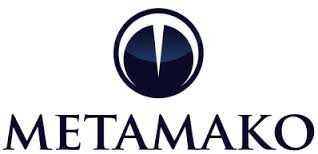NatWest Signs Four University Partnerships to Fuel UK...
- 27.11.2025 09:35 am
Finom Launches Credit Lines in Germany
- 27.11.2025 09:10 am
Companies Overpaying on Employee Expenses by Up to 14%
- 24.11.2025 10:55 am
iwoca SME Expert Index: Three-Quarters of Finance...
- 24.11.2025 10:15 am
Capital.com Strengthens European Operations With...
- 24.11.2025 08:55 am
FCA Transaction Reporting Proposals to Save Firms £...
- 21.11.2025 02:25 pm
The Global Power of Sport: Bank of America Partners...
- 21.11.2025 12:55 pm
Qantas Business Money Introduces Yield Powered by...
- 20.11.2025 01:45 pm
One Inc Recognized as a Fastest Growing Company in...
- 20.11.2025 10:15 am
FCA Proposes Consolidated Tape to Boost...
- 20.11.2025 08:45 am
Viamericas Partners With Loveo to Expand Remittance...
- 20.11.2025 08:00 am
Ebury Becomes F.C. Copenhagen’s First Official FX...
- 19.11.2025 09:45 am






















